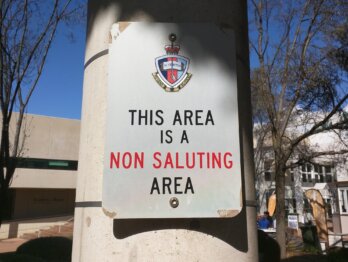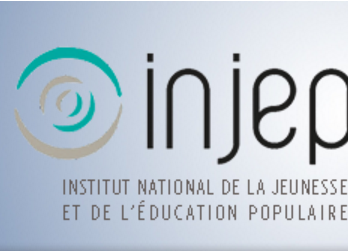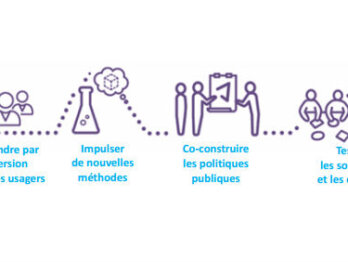Mexico’s Public Sector Challenge
Recently, Mexico enacted an Energy Reform aimed at opening up this strategic sector to attract the much needed foreign investment in order to lower energy costs, increase our production capabilities, and modernise the industry. To succeed in this endeavor, Mexico is developing a solid and modern legal framework that grants certainty to both the Mexican State and the investors, and enhances transparency and accountability in pivotal issues such as contract allocation and resource management.
Mexico’s main challenge now lies in our ability to empower citizens by granting them transparent and timely access to information about our resources and thus promote trust, and also as a way to achieve growth and development in a self-sustainable manner. For this reason, using the following open government principles is fundamental:
- Transparency: information about decisions, government performance, business, energy and environmental issues should be open, free and accessible;
- Citizen Participation: governments must promote a public debate on the use of energy resources, as well as the impact of their use on the environment;
- Accountability: there should be adequate procedures and mechanisms for public officials to explain the motives behind the decisions they take regarding energy and environment issues; and
- Technology and Innovation: governments should be able to provide open access to technology in order for citizens to participate in the creation of innovative solutions to energy and environmental challenges.
Mexico invites people from other countries to share their inspiring examples of innovative solutions regarding public policy use and development to support transparency initiatives, as well as the promotion of renewable energies and greenhouse gas emissions control.
Public sector innovation involves new implementable solutions to public sector challenges such as:
- Innovative ways to make resource management more transparent and efficient, e.g. using open government mechanisms to monitor and guarantee transparency in the contract allocation process;
- Innovative products/services, e.g. creating public inventories of natural resources to better understand the potential of those resources;
- Innovative processes/ways of working, e.g. finding new ways of monitoring and trading CO2 emissions; and
- Innovative means to promote civic participation, e.g. creating new ways to encourage citizenship involvement in themes regarding energy sufficiency.
Co-operation between public and private sectors is also paramount to come up with innovative solutions.
The fact that the world’s population continues to grow and expand its energy consumption is adding stress to the global energy supply. In this international context, it’s worth highlighting some facts regarding Mexico:
- Our country imported 29% of the natural gas it consumed in 2013, despite having considerable reserves.
- Mexico imported 45% of the gasoline it consumed last year, in spite of having crude production levels.
- Our oil prodiction has decreased from 3.4 million barrels per day (bpd) in 2004, to 2.5 million bpd in 2013 [1].
We hope you will join us in the challenge of addressing these issues by identifying potential public sector innovations we could implement, based on the innovations that you have put in place in your communities. This will inspire us and other countries in the development of a new approach on these pressing issues for all societies in the XXI Century.
Please send your innovations that respond to our challenge to the OPSI database here. If you want to contribute to the ongoing discussion on the innovations that contribute to more transparency in the energy sector, please join the discussion group here.
[1] Reformas en acción:
http://reformas.gob.mx/wp-content/uploads/2014/04/Resumen_de_la_explicacion_de_la_Reforma_Energetica1.pdf











